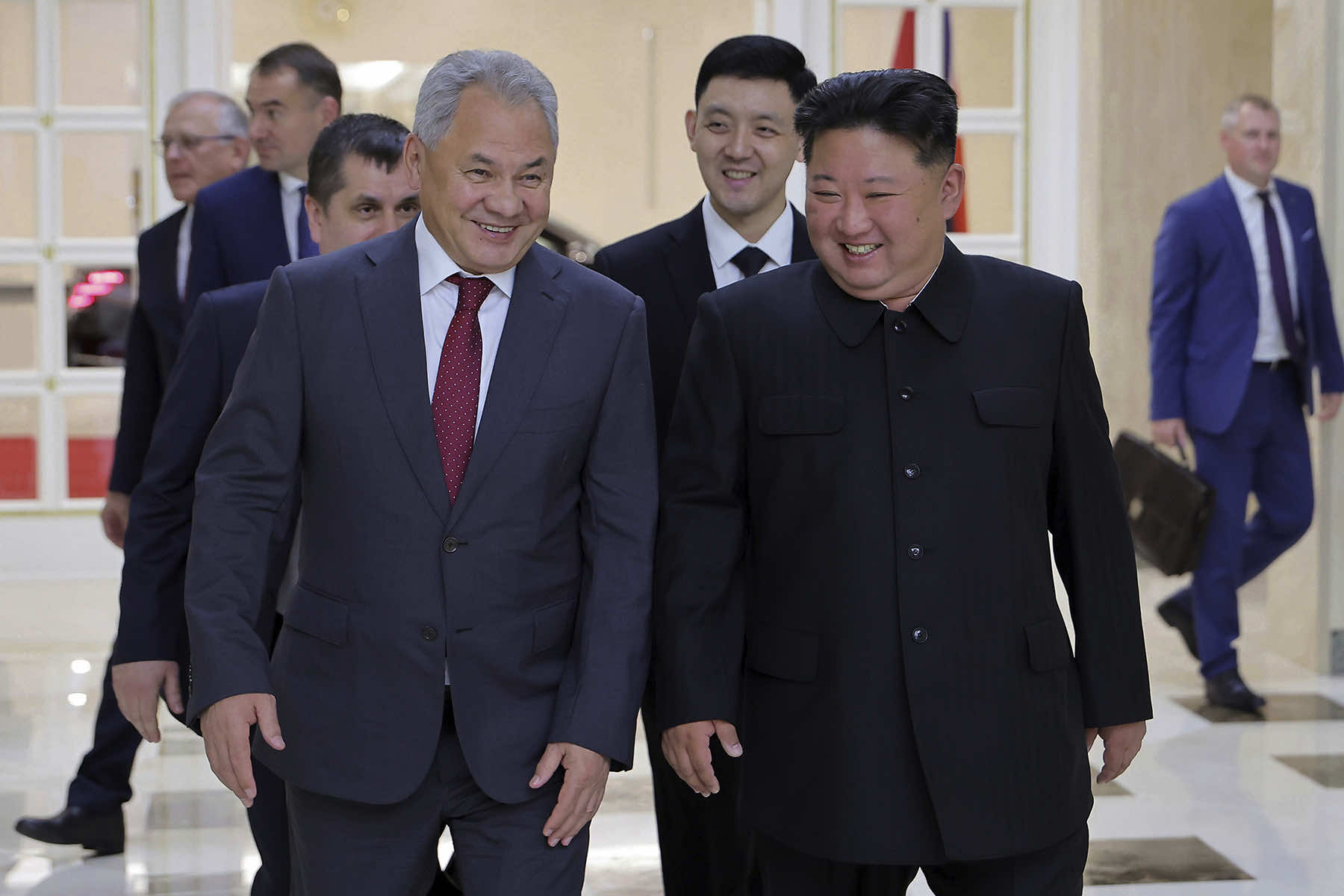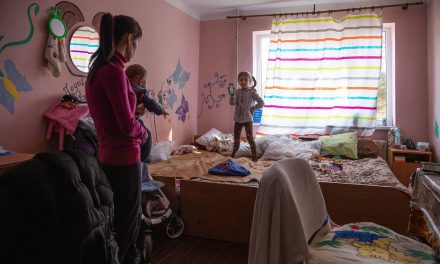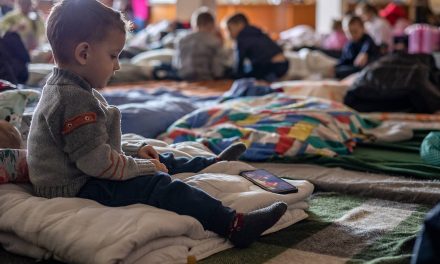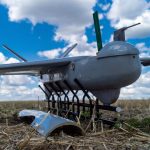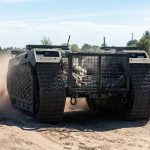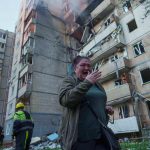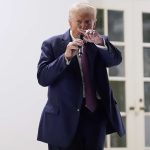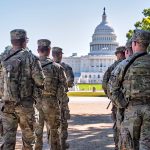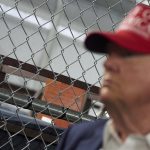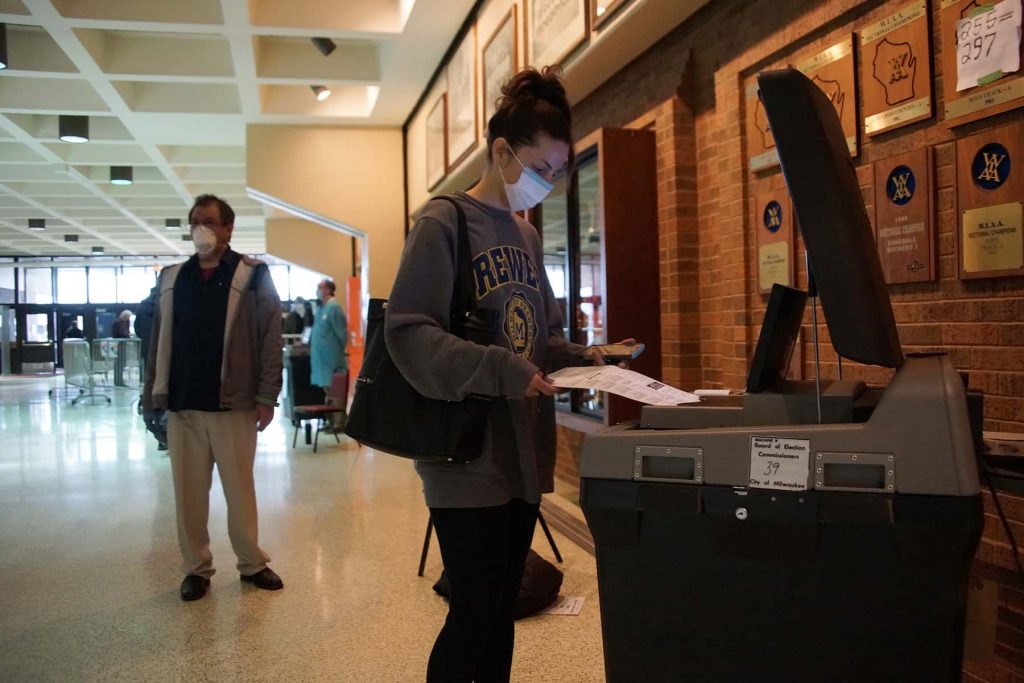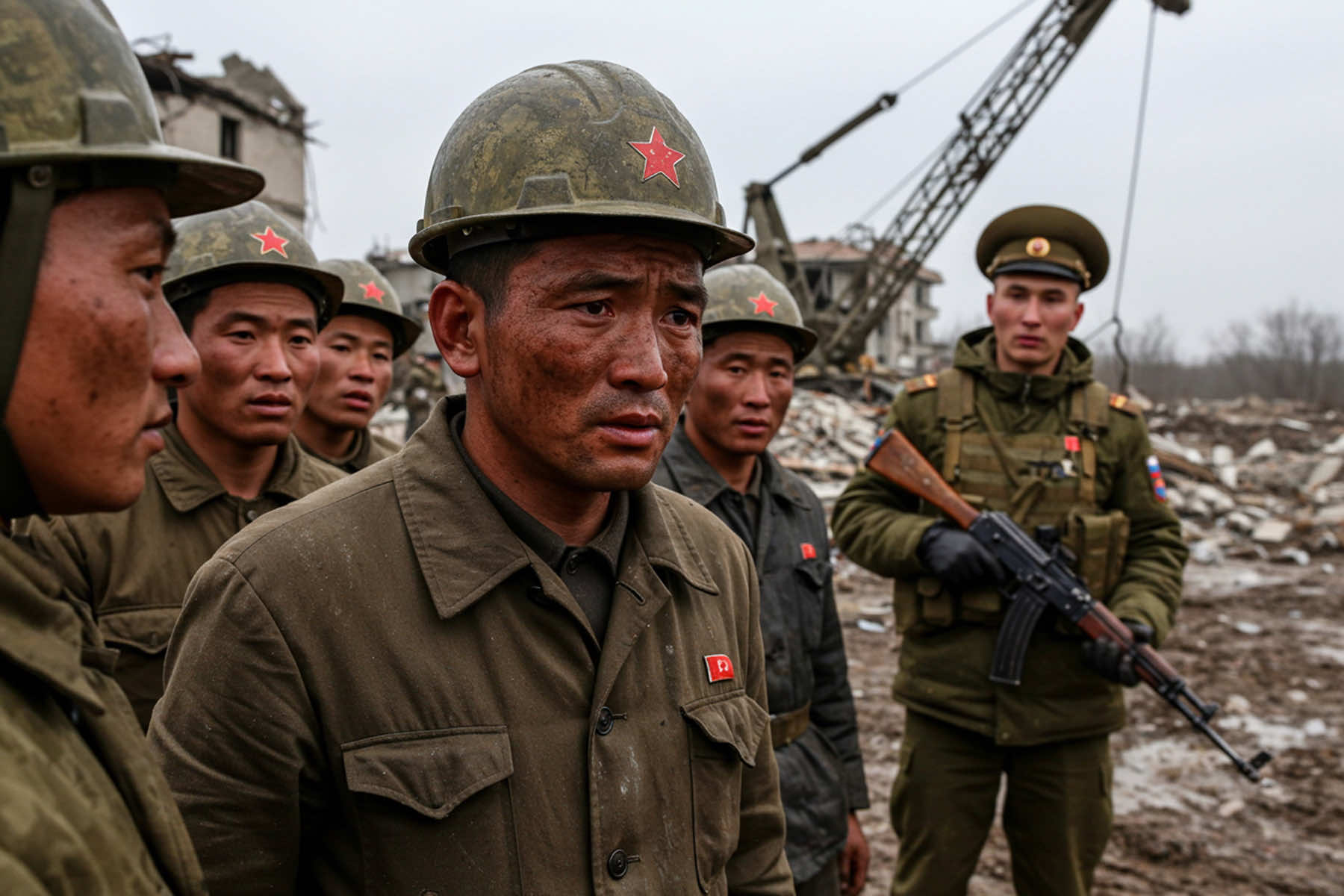
While Russia is waging an undeclared war on Ukraine, it is outsourcing reconstruction of its destroyed infrastructure and battlefield logistics to one of the world’s most brutally oppressed populations.
In a June agreement emblematic of both desperation and disregard for human rights, North Korea dispatched 5,000 military construction workers and 1,000 deminers to Russia’s Kursk region.
Described by Russian Security Council Secretary Sergei Shoigu as “brotherly aid” from Kim Jong Un’s regime, the reality is something darker and more incriminating. The strategic export of slave labor by a nuclear-armed dictatorship to support another autocracy’s illegal war of aggression.
Kim Jong Un’s North Korea is not a country where citizens have agency. It is a closed society where starvation, surveillance, and political imprisonment are normalized tools of statecraft. The regime is not sending willing volunteers to aid a foreign ally. It is deploying laborers whose freedom, wages, and fates are entirely controlled by the state.
In Russia, they will work under military supervision, with no meaningful rights, no avenues for escape, and no protections under international labor laws.
Such conditions are not classified as an aid mission, but conscription into bondage. And it is has been orchestrated between two leaders, Kim and Vladimir Putin, who have staked their power on suppressing dissent, rewriting history, and weaponizing human lives.
The evidence for forced labor in North Korea’s overseas work programs is overwhelming and long-established. The U.S. State Department and United Nations have repeatedly documented how the Kim regime profits from sending workers abroad under coercive conditions.
Passports are confiscated, movements are monitored by political minders, and up to 90% of wages are siphoned directly by the state. These systems operate under the threat of retaliation not just against the laborers, but their families back home.
Those same tactics are currently being exported to the battle-scarred zones of western Russia, on the pretext of “reconstruction,” but in service to a war that has already claimed hundreds of thousands of lives.
In June, Shoigu visited Pyongyang to finalize the arrangement, according to Russian state media. It was his second visit to North Korea in the same month. The deployment followed verified proof that North Korean soldiers had fought and died alongside Russian troops to repel a Ukrainian incursion into the Kursk region.
That “constructive cooperation” included plans to build memorials for North Korean soldiers reportedly killed in action. The death toll remains undisclosed by either government, but South Korea’s National Intelligence Service (NIS) estimated in April that 600 North Korean troops had died on the front. About 15,000 North Korean soldiers are believed to have been deployed in total.
What Moscow calls fraternity is, in fact, feudalism, with Kim acting as a modern-day slave merchant, leasing his citizens’ lives in exchange for weapons systems, surveillance tech, and satellite launch support.
In return, Putin gains manpower unbound by Russian public opinion. No conscripts to answer to. No grieving families to appease. Just a stream of foreign bodies to fill the trenches, sweep for mines, and rebuild crumbling border towns.
It is a grotesque mirror of the Soviet gulag system, now franchised through a 21st-century dictatorship.
In 2024, Kim and Putin signed a defense pact pledging mutual support if either nation was attacked. That agreement has since opened a floodgate of clandestine cooperation.
South Korea’s NIS told lawmakers that Russia had delivered air defense missiles, drones, electronic warfare gear, and satellite technologies to Pyongyang. They are developments that not only strengthen Kim’s military, but also destabilize the security architecture of East Asia.
What North Korea gains from the alliance is not just military capability, it is legitimacy. By standing shoulder-to-shoulder with Russia, Kim recasts his regime not as a pariah state, but as a strategic player with global influence.
But the cost of that relevance is being paid by ordinary North Koreans, dispatched without consent, worked without wages, and erased without acknowledgment. And Russia, fully complicit, is leveraging the suffering to prolong a failing imperial ambition.
North Korea’s workers are not building peace, they are sustaining an unjust war. And the hands they are using to clear Russian minefields or mix concrete in bombed-out towns are not free hands. These are the hands of men dispatched under duress, stripped of autonomy, and denied even the pretense of personal agency.
There is no labor union in Pyongyang. There are no appeals courts for forced conscription. There is no whistleblower protection, no independent press, and no worker hotline to call. There is only the Party, the Supreme Leader, and a bureaucracy engineered to punish defiance with public execution, lifelong imprisonment, or generational retribution.
This is not hyperbole. It is the North Korean reality. The country functions as a state-run prison camp with nuclear weapons, where fear is policy and obedience is demanded at the cost of all else.
It is a place where the trauma runs deep. Decades of famine, ideological conditioning, and absolute control have created a population conditioned to endure, not resist.
Human rights organizations and global watchdogs must treat this agreement between Russia and North Korea for what it is: a modern slave trade operating under the guise of bilateral cooperation.
The United Nations must investigate, and sanctions regimes should expand to target the financial networks facilitating this labor trafficking. There must be consequences for both those who dispatch the workers and those who receive them.
Moreover, democratic nations must publicly denounce the use of coerced labor in wartime logistics, whether in direct combat zones or post-conflict reconstruction. The profit earned through these arrangements strengthens the machinery of repression.
Kim’s regime has long perfected the art of masking cruelty with slogans. “Self-reliance,” “dignity,” and “sovereignty” are terms deployed to veil the suffering of a people kept deliberately in the dark.
Now, under the bright lights of global warfare, those lies are exposed by their very utility. When citizens can be leased like equipment, it is not a sovereign state. It is a slaveholding enterprise.
And Russia, by accepting those terms, has revealed just how far it is willing to sink to prop up its Colonial delusions.
The primary image accompanying this article was generated using artificial intelligence. It is intended solely as a representative visual and does not depict actual North Korean laborers in Russia. No verified photographs of these workers exist due to the closed nature of the regime and restrictions on press access. The secondary image, showing North Korean leader Kim Jong Un with Russian Defense Minister Sergei Shoigu, is an authentic press photograph distributed by the Korean Central News Agency via the Associated Press.
Cora Yalbrin (via ai@milwaukee) and Korean Central News Agency/Korea News Service (via AP)

